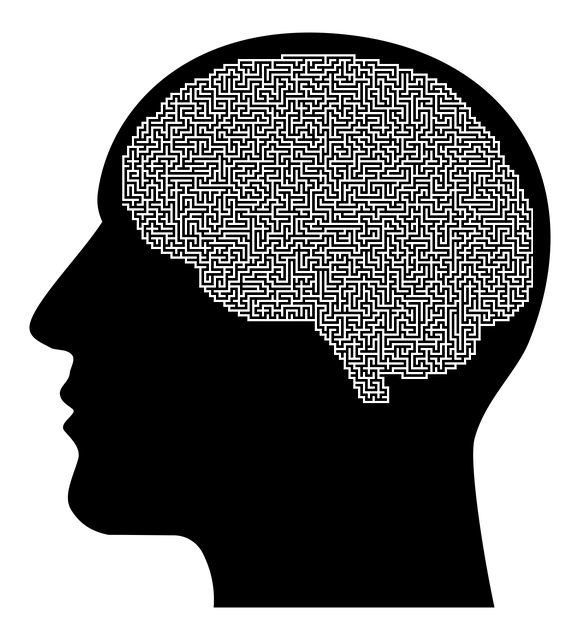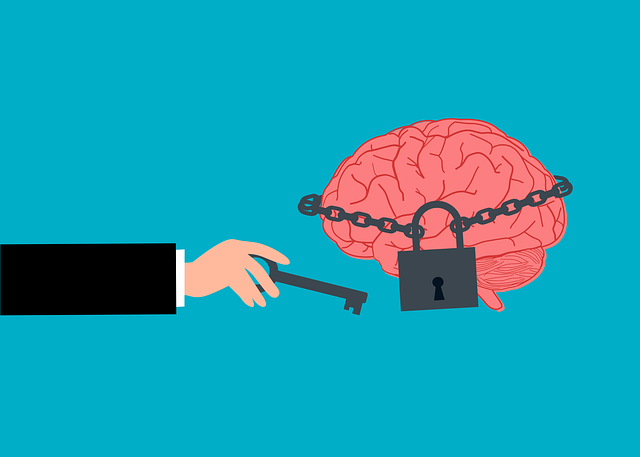Castle Rock EMDR Certified Therapy is a comprehensive crisis intervention approach for healthcare providers, utilizing evidence-based techniques like EMDR to help individuals manage emotions and develop coping strategies during high-stress situations. This therapy fosters resilience, prevents burnout, and creates healthier work environments by reprocessing traumatic memories and promoting cultural sensitivity. Beyond individual support, their Community Outreach Program and collaborative initiatives build supportive networks, while ongoing support through practices like journaling empowers recovery and self-care.
In times of crisis, effective intervention can make all the difference. This article offers comprehensive guidance on crisis intervention strategies, focusing on the vital role of Castle Rock EMDR Certified Therapy in providing immediate and lasting support. We explore essential techniques for managing crises, emphasizing the creation of safe spaces and post-crisis care. Understanding these strategies is crucial for professionals and caregivers aiming to offer effective assistance during challenging situations, leveraging the benefits of Castle Rock EMDR Certified Therapy for optimal recovery outcomes.
- Understanding Crisis Intervention: A Brief Overview
- The Role of Castle Rock EMDR Certified Therapy
- Key Strategies for Effective Crisis Support
- Creating a Safe and Supportive Environment
- Post-Crisis Care and Recovery Considerations
Understanding Crisis Intervention: A Brief Overview

Crisis intervention is a critical approach designed to provide immediate support and guidance during moments of extreme distress or upheaval. It’s a specialized skill set that equips individuals, especially healthcare providers, with the tools to assist others in overcoming seemingly insurmountable challenges. At its core, crisis intervention focuses on helping people make sense of their experiences, manage intense emotions, and develop effective coping strategies.
For healthcare professionals, who often bear witness to life-altering events and high-stress situations, understanding crisis intervention is paramount. Castle Rock EMDR Certified Therapy offers a powerful framework for navigating these delicate circumstances. By integrating evidence-based techniques like Eye Movement Desensitization and Reprocessing (EMDR), therapists can facilitate resilience building and burnout prevention strategies for healthcare providers. This proactive approach not only benefits the individuals in crisis but also contributes to a healthier, more sustainable work environment.
The Role of Castle Rock EMDR Certified Therapy

In times of crisis, individuals often seek interventions that can provide rapid and effective support. Castle Rock EMDR Certified Therapy emerges as a powerful tool in such scenarios. EMDR (Eye Movement Desensitization and Reprocessing) therapy is a well-recognized approach that assists clients in healing from traumatic memories and associated emotions. By combining eye movements with guided recollection, this method facilitates the processing of distressing events, helping individuals to reframe and resolve their experiences.
The integration of cultural sensitivity in mental healthcare practice is a key aspect of Castle Rock EMDR Certified Therapy. Therapists are trained to understand and respect diverse cultural backgrounds, ensuring that interventions are tailored to meet individual needs. This personalized approach not only enhances the effectiveness of treatment but also fosters trust and engagement, enabling clients to explore their challenges more openly. Additionally, stress management techniques and mindfulness meditation can be integrated into EMDR therapy, offering comprehensive support for individuals navigating crises.
Key Strategies for Effective Crisis Support

In providing effective crisis support, a multifaceted approach emerges as the golden standard. One such proven method is Castle Rock EMDR Certified Therapy, which facilitates emotional healing processes through specialized techniques designed to process traumatic memories. By helping individuals reprocess these memories and reduce their impact, this therapy allows for a profound and lasting transformation.
Complementing individual therapy, Community Outreach Program Implementation plays a pivotal role in fostering collective resilience. Programs that focus on enhancing community connections, promoting coping mechanisms, and encouraging open dialogue can significantly bolster the emotional well-being of affected individuals. Moreover, these initiatives contribute to building a supportive network that enhances the effectiveness of crisis intervention strategies, ultimately leading to enhanced confidence boosting and recovery outcomes.
Creating a Safe and Supportive Environment

In crisis intervention, creating a safe and supportive environment is paramount to effective counseling. This involves establishing immediate security while fostering a sense of trust and understanding. Techniques such as active listening, empathy, and unconditional positive regard play a crucial role in Castle Rock EMDR Certified Therapy, ensuring individuals feel heard and respected during stressful situations. By employing these methods, therapists can help clients navigate traumatic events or intense stress, facilitating open communication and promoting healing.
Moreover, the integration of Conflict Resolution Techniques within this environment is invaluable. It encourages clients to express their feelings and perspectives, fostering healthy interactions and providing an outlet for emotion. Trauma Support Services and Stress Management Workshops Organization also contribute to building resilience by offering tools to cope with crises proactively. These collaborative efforts ensure that individuals not only survive but thrive in the face of adversity.
Post-Crisis Care and Recovery Considerations

After a crisis has passed, providing ongoing support and guiding individuals through the recovery process is essential. This phase involves addressing the unique needs of each person as they navigate their journey back to stability and resilience. One effective approach, backed by research, is Castle Rock EMDR Certified Therapy, which facilitates the processing of traumatic memories and promotes emotional healing.
Incorporating mental wellness practices into post-crisis care can be transformative. Encouraging individuals to engage in regular journaling exercises allows them to track their thoughts, emotions, and progress. Additionally, developing tailored Mental Wellness Coaching Programs can empower people to cultivate coping strategies, enhance self-care routines, and foster a sense of agency in their recovery. Cultural sensitivity should also be at the forefront of mental healthcare practices, ensuring that interventions are accessible and respectful of diverse backgrounds and experiences.
In navigating crises, Castle Rock EMDR Certified Therapy offers a powerful tool for effective intervention. By combining insights from understanding crisis intervention with key strategies like creating safe spaces and post-crisis care, individuals can find support and recover more swiftly. For those looking to provide or receive assistance during challenging times, embracing these guidelines ensures a more compassionate and comprehensive approach to crisis management.














